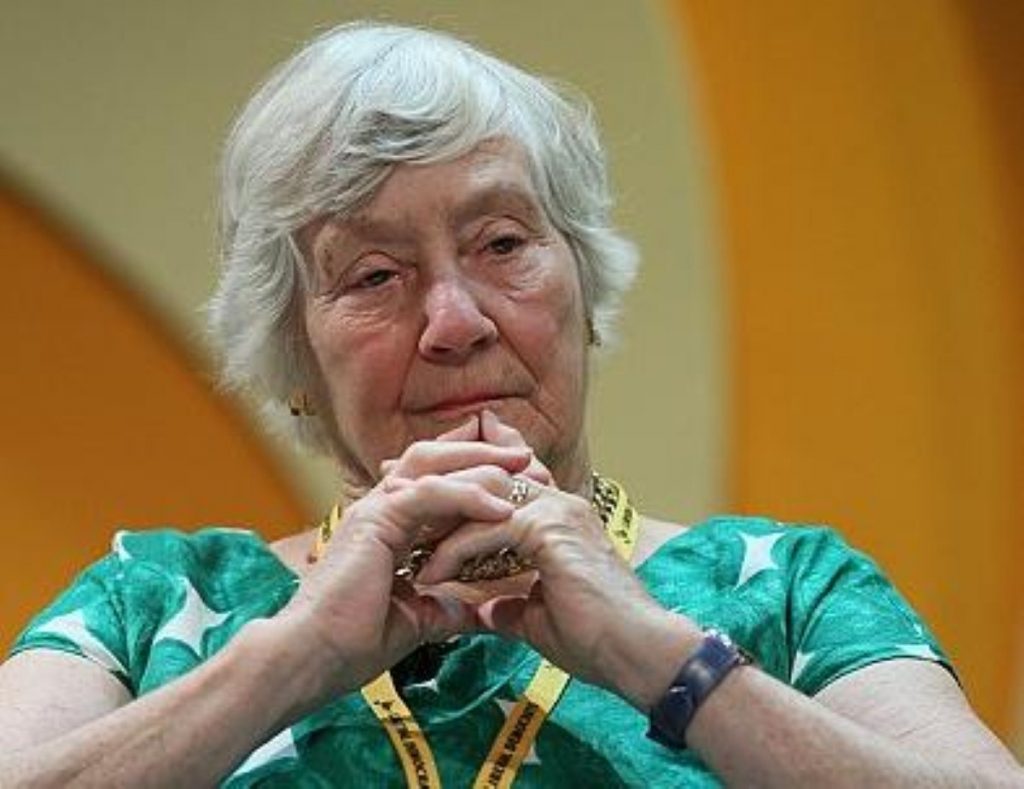Analysis: How much fight is left in Lib Dems over NHS reforms?
Having dodged another conference vote on NHS reforms, there may finally be light at the end of the tunnel for Andrew Lansley and co.
By Alex Stevenson in Birmingham Follow @alex__stevenson
This spring the Liberal Democrats defeated the coalition's controversial planned NHS reforms at their party conference, sparking the unprecedented listening pause' which eventually led to over 1,000 amendments to the health and social care bill.
Six months later, as ministers prepare for the legislation to enter the Lords, its drive towards instilling competition and a market dynamic in the NHS is once again coming under fire. But this time, the Lib Dems' response looks to have weakened – just enough.


Activists did everything they could to secure a vote on the revised NHS reforms, which will be debated once again tomorrow. They were left frustrated after the federal policy committee decided to allow a one-hour debate without a vote, rather than a 30-minute debate with one at the end. It will not attract as many negative headlines as a result – thus effectively diminishing the effectiveness of those who remain unsatisfied.
This is not to say that the party is rolling over and letting the revised bill slide. It remains a major headache for the leadership. As today's packed 'report back' session showed, there remains real opposition within the Lib Dems' ranks.
Backbencher John Pugh views the bill as a "proxy for a whole range of concerns" about the NHS. "This is a huge strategic mistake," he said. It was comparable to "that sinking feeling you have on the motorway" when you realise you've missed the crucial turning. NHS top-down reformers were likened to "insane gardeners" who pull up plants and rearrange them every few weeks – and are then surprised when nothing flourishes.
His views were warmly applauded by conference delegates. So too were those of Shirley Williams, the figurehead for rebel opposition to the bill in the Lords. She has promised the Lords will scrutinise the bill in "vast detail". "Andrew Lansley has admitted most of the changes did not need this massive piece of legislation," she pointed out.
The 440-page bill is indeed an imposing document. And yes, as Lib Dem health minister Paul Burstow conceded, the health secretary could have imposed the bulk of its changes without resorting to legislation. But, he continued, the point is the government wanted to "go to parliament to get permission" for the changes. He added: "As a party in favour of democratic accountability, I think that's the right thing to do." Delegates did not applaud.
Burstow is a key figure in winning the Lib Dem grassroots over. He is his party's man in the Department of Health but has a very limited public profile, even in Westminster. Today he sought to win over the party conference by delivering a masterclass of reassurance. "We are keen to make changes to this bill," he pressed. The bill's scrutiny in the Lords was accepted, even welcomed. "The Lords revises, improves, challenges – that's exactly what it should do."
His willingness to make concessions – he is "infinitely patient", according to Williams – looks like it will be effective in the coming weeks. That, combined with the lack of a vote, should be enough to prevent the reforms being derailed as dramatically as they were earlier this year.
The process will be a painful one. It will provide a litany of embarrassing news stories as bluffs are called and concessions are won. The end result will be a set of reforms which are a long, long way from what Lansley originally intended. But they will pass, nonetheless, triggering the huge upheaval in the NHS so many Lib Dems have opposed from the start.

